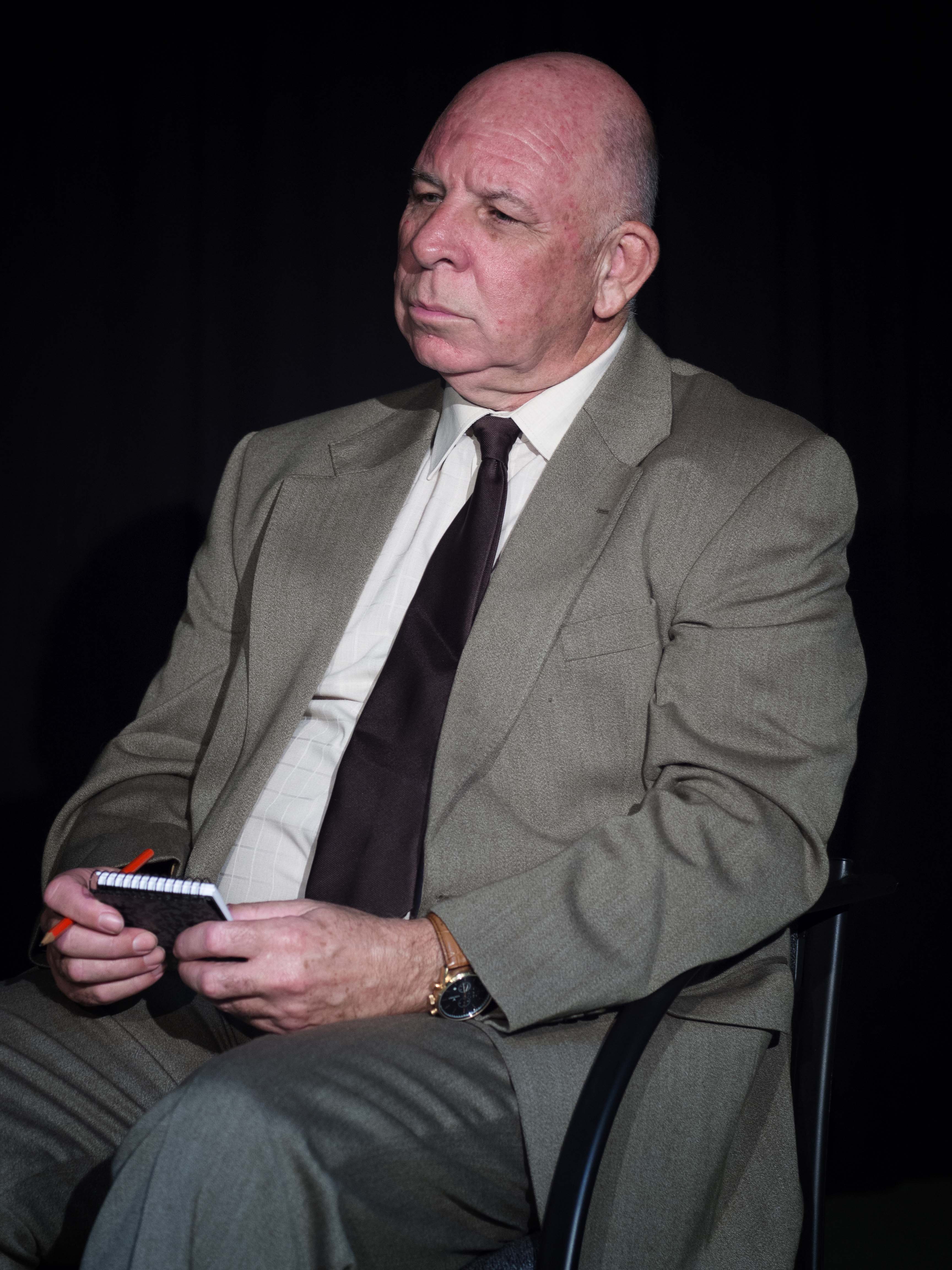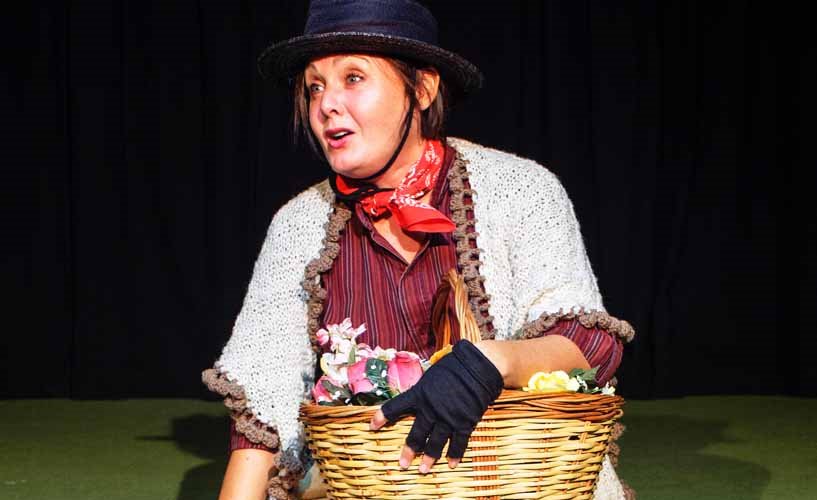George Bernard Shaw’s famous play, Pygmalion, was written in early 1912 and first staged for the public in 1913. He based it on Greek mythology where Pygmalion fell in love with one of his sculptures, a beautiful woman, which unexpectedly came to life. Victorians were well aware of this myth which didn’t seem far-fetched to them.
Shaw based Professor Henry Higgins on a couple of professors of phonetics, but especially the cantankerous Henry Sweet. The famous actress Mrs. Patrick Campbell was enamoured with it and was delighted to be included in the cast.
It quickly became hot property, being performed in Vienna in 1913, New York in 1914, France in 1923 and Russian in the 1930s. It has, of course, been adapted countless times especially as a musical – My Fair Lady – and also as a film in 1938.
Some poetic licence was taken in the latter because the pronunciation exercises “the rain in Spain stays mainly in the plan” and “in Hertford, Hereford, and Hampshire, hurricanes hardly ever happen” were never actually in Shaw’s original play.

Each country had its own take on class distinctions and translators must have scratched their heads to find a suitable equivalent of “Not bloody likely!”.
Pygmalion was undoubtedly one of Shaw’s greatest successes, being in contrast to his usual dry style, but fickle audiences wanted a happy ending which some of the actors/directors provided, much to Shaw’s annoyance. He apparently also did not want it turned into a musical: little did he realise what a money-spinner that was to become after his death!
Jávea Players’ production of My Fair Lady will be performed at the Capitol Theatre, Rojales, for one night on 13 April at 19.00. Tickets cost 12€. It’s easy to book and choose your seat on line. Box office opens 20 February: for more information see www.javeaplayers.com.





